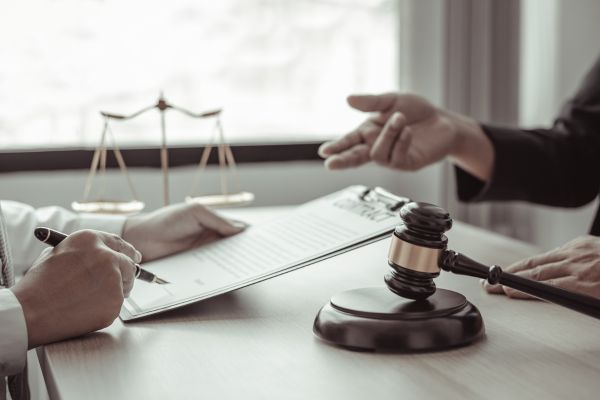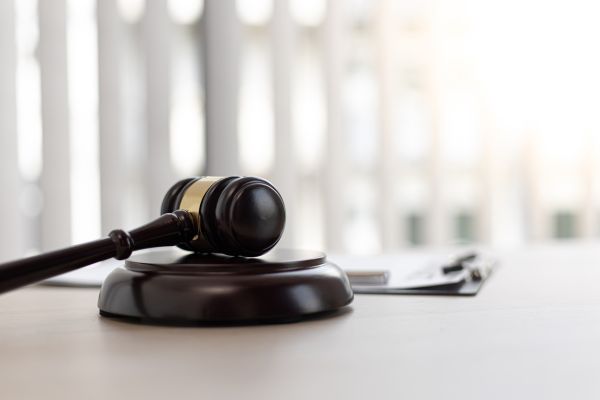What makes a trial truly fair: procedure or principle? When trying to do the right thing, courts often have a hard time finding a balance between following the law and being fair. Law doesn’t inherently ensure justice; however, in a democratic sovereign state, legislation and procedures must serve the cause of justice . This article explores how Section 311 of the Code of Criminal Procedure (CrPC), 1973 operates at the intersection of discretion, justice, and judicial duty.
Section 311 allows the court to summon any person or recall any witness in court for the just decision of the court; wherein, usually court summons individuals listed in the chargesheet under section 204 or section 91. Section 311 of the CrPC disrupts this linearity and empowers the court to act suomotu.It is grounded on the hypothesis that Section 311 is used by Indian courts as a mechanism to ensure fairness and truthincriminal proceedings, by allowing the judicial process to remain flexible yet principled.
Section 311 of the Code of Criminal Procedure, 1973, is a provision that speaks directly to the conscience of the Judiciary.It reads:
“Any Court may, at any stage of any inquiry, trial or other proceeding under this Code, summon any person in attendance, though not summoned as a witness, or recall and re-examine any person already examined; and the Court shall summon and examine or recall and re-examine any such person if his evidence appears to it to be essential to the just decision of the case.”
The language of the section is deliberate and layered. In Hanuman Rama vs State ofRajasthan, the court interpreted that the use of “may” in the first part grants the court discretionary power, an acknowledgment that trials are dynamic and that justice cannot always be anticipated in advance. But the second part, marked by the word “shall,” is essential to the just resolution of a case; it is no longer a matter of choice; it becomes an obligation.
This two-part structure is not merely semantic. It reflects the philosophical tension between judicial freedom and judicial responsibility. The court is empowered to act independently, but also bound to act justly. The provision is framed in the widest possible terms, like “any court”, “any stage”, “any person”, which underscores its role as a safeguard against procedural rigidity. It allows the court to intervene at any point, whether during inquiry, trial, or other proceedings, to ensure that no relevant voice goes unheard.
The Best Bakerycase, formally known as Zahira Habibullah Sheikh vs State of Gujarat {Supreme Court 2004}, is a landmark precedent where the Supreme Court interpreted Section 311 CrPC as a mandatory judicial duty when witnesses are coerced or essential testimony is suppressed. In the aftermath of the Godhra riots, a mob set fire to the Best Bakery in Vadodara, killing 14 people. There were many eyewitnesses, but later they changed their statements during the trial stage.
Appellant Zahira Habibullah Sheikh was also one of them, but she did not change her statement. Zahira was intimidated and threatened to change her statement, but she did not reframe her statement, and later she approached the national human rights commission for protection.The State approached the Gujarat High Court, but the Court acquitted the application. Zahira requested the state of Gujarat to take additional evidence u/s 391 and for a re-trial, but the Gujarat High Court rejected that application too. Then Zahira, with an NGO, approached the Supreme Court to challenge such an acquittal by the Gujarat High Court.
After the observation of the court Supreme Court allowed additional evidence and gave an order for a retrial and that this acquittal was a faulty trial, and the evidence is tentative,and it was based on the ground of coercion, so this acquittal is not justified. If the witness changes his statement based on coercion, then it’s not an acquittal in the eyes of law.The Supreme Court decided to re-trial, but not in Gujarat, the re-trial should be in Maharashtra, so that there should be no threat and coercion upon witnesses by any party or state, which gives a proper and fair investigation and takes fair evidence.
Thus, A fair trial is not merely a procedural formality but a principle incorporated into. And a law or sovereign that tries to cover all the loopholes.Section 311 of the CrPC, when interpreted through the lens of judicial duty, becomes more than a tool for managing witness lists; it becomes a safeguard against silence, oversight, and coercion. Courts have repeatedly affirmed that this provision must be exercised not arbitrarily, but with purpose and precision. As held in Rajaram Prasad Yadav v. State of Bihar, the power under Section 311 is meant to “find out the truth or obtain proper proof of such facts” and must be invoked when the ends of justice demand it.
In Satbir Singh v. State of Haryana, the Supreme Court reiterated that recalling a witness under Section 311 is justified when new relevant facts emerge, and that the provision exists to prevent failure of justice due to ambiguity or omission. These judgments reflect a consistent judicial philosophy: that truth must not be sacrificed to technicality, and that courts must remain vigilant in their pursuit of fairness.
In conclusion, Section 311 of the CrPC is a legal provision designed to prevent failure of justice. It allows the court to summon or recall any witness at any stage of the trial if their evidence is essential for a just decision. The Supreme Court in Sri H. Suresh v. S.H. Prema emphasized that the object of Section 311 is to ensure that valuable evidence is not left out due to mistakes or omissions by either party.
Similarly, in Rajaram Prasad Yadav v. State of Bihar, the Court clarified that this power must be used to discover the truth and not to fill gaps in a weak case.The provision is both discretionary and mandatory. Discretionary when the court considers it appropriate, and mandatory when the evidence is crucial. Its application must be guided by fairness, relevance, and the need to reach a just conclusion. In short, Section 311 reinforces the principle that justice must be based on complete and reliable evidence, and courts have a duty to ensure that no essential testimony is excluded.
Author Name- Isha R, a second-year law student(B.A. LL.B.) at Guru Ghasidas Vishwavidyalaya.






